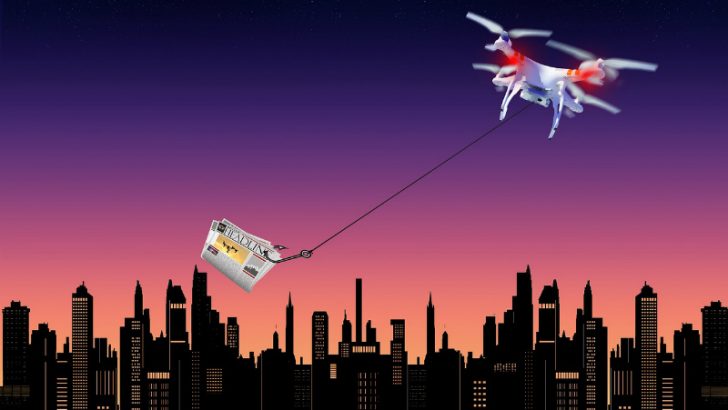

Oracle has announced its findings from Oracle retail 2025, while the poll was relatively small, 709 consumers, it raised some interesting findings. Unfortunately, there is no demographic information yet available but this is a recent survey. It was completed in February 2016. Mike Webster, Senior Vice President and General Manager at Oracle Retail and Oracle Hospitality commented: “Consumers clearly indicated that they have a conservative appetite for retail technologies that requires deep personal data and make decisions on their behalf. This signals brands to focus on building a strong foundation to win trust. Warm attitudes toward utilizing virtual reality and receiving recommendations for custom-made accessories produced with 3D printing points to consumers’ willingness to adopt new technologies if they are in control of their experience.”
Trust is important
Without access to the data it is difficult to justify whether Oracle’s claim on privacy holds up. None of the information available in the press release, indicates that they asked whether, sharing personal information was a reason for not wanting to use the various technology that was surveyed. What it does show, is that in the majority of cases, most of the consumers are now looking to adopt and trust the new technology itself.
Intelligent grocery shopping has tacit approval
The survey indicated that 58% of shoppers like having a suggested shopping list provided for them, based on historical purchases and other data, such as social and environmental. This actually seems low. Tesco’s in the UK has developed online shopping lists over several years. It does suggest purchases but still allows users to control their standard lists. Anecdotal experience would suggest that the more items consumers have to remove from a shopping list, the more negative the experience. This is backed up by the survey which saw 54% of respondents felt that a grocer shipping and charging goods automatically was invasive.
Fashion industry should adopt more technology
What is clear, is that technology can greatly assist the fashion industry. Virtual Reality (VR) is becoming more widely accepted. 64% of respondents liked the idea of using virtual reality to assist them while shopping. Retailers should also include detailed product information about products within the experience. 78% want detailed information around materials and sourcing information. Recent Hackett Group research noted in their recent diversity study that: “companies that allocate 20% or more of their spend to diverse suppliers attribute 10%-15% of their annual sales to supplier diversity programs”. The more than that information becomes available to consumers the better.
While consumers want to speed up their selection process, like the food retailers, they cannot push recommendations too directly. 57% of people see bots recommending purchases based on media profiles and data too invasive. What will be interesting to see is whether this percentage drops. As bots become more sophisticated, they will become fashion advisors. They will be able to inform about market trends rather than directly recommend. It is sometimes difficult in a survey to interpret data especially a quantitative one where data tends to get polarised.
Oracle also sees velocity as important. 67% like the option of rapid delivery even if that means delivery by drones. They are also in favour of having 3D printed accessories, recommended for them. This is especially interesting with the idea of 3D printers could soon be seen in some retail stores to deliver accessories. Margins for these could be high, but it will reduce the amount of stock space that they take up. It also eliminates the threat of losses through shoplifting for accessories. It will be interesting to see how quickly 3D printers are implemented across fashion retailers.
Health and Safety – not first
Two surprising results from the survey were in the areas of health and safety. Only 54% of respondents saw the linking of their wearable technology to pharmacists to recommend product as positive. It would have been interesting to see whether this increased if the link was to their doctors.
The second was that only 46% indicated real time alerts on product recalls based on purchase history, would improve customer experience. This is surprising and might in part justify Oracle’s claim that trust of personal data to retailers was an issue. However, Oracle did not indicate why the percentage was so low.
Conclusion
This is an interesting study into where retail may be headed. Consumers do not want to be pushed into making purchases, but they can be pulled into them. This isn’t surprising, there may still be a reluctance to share data, but receiving more information is welcomed. Perhaps once full information is received, more consumers will be willing to share. Retailers may need to increase their trust of consumers with full disclosure before consumers will trust them with their own data.
More interesting is the fact that the increasing use of 3D printers and drones are probably inevitable. Although there are still some serious barriers for drones to overcome.


























